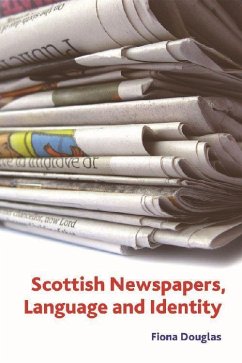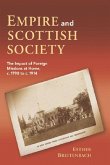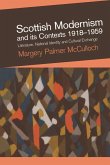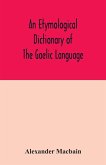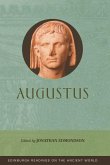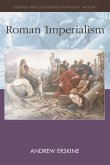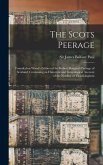In the decade following the end of World War I, the United States rose to its current seat as the leading world superpower matched by an emerging cultural dominance that would come to characterize the second half of the twentieth century. American Culture in the 1920s is an engaging account of the major cultural and intellectual trends that were pivotal to the decade's characterization as "the jazz age." Avoiding superficial representations of the era as the "roaring twenties" plagued by a "lost generation," the volume provides a full portrait that includes chapters on literature, music and performance, film and radio, visual art and design, and the unprecedented rise of leisure and consumption.
The first decade since the re-establishment of the Scottish Parliament has seen the emergence of a few-found national confidence. 'Scottishness' is clearly alive and flourishing. Straddling the pre- and post devolution years, this book focuses on the language of one of the most common and influential text types in Scotland: the national newspapers. To what extent does the use of identifiably Scottish lexical features help them to maintain their distinctive Scottish identity and appeal to their readership? Which Scottish words and phrases do the papers use and where, is it a symbolic gesture, do they all behave in the same way, and has this changed since devolution? Key Features *Based on a sizeable corpus of newspaper texts *Offers new and detailed insights into Scottish language and its usage by the Scottish press *Combines analysis of broad trends with detailed discussion of individual Scottish words and phrases *Timely publication which coincides with a period when interest in things Scottish is at an all time high. Fiona Douglas is Lecturer in English Language, School of English, University of Leeds.
Hinweis: Dieser Artikel kann nur an eine deutsche Lieferadresse ausgeliefert werden.
The first decade since the re-establishment of the Scottish Parliament has seen the emergence of a few-found national confidence. 'Scottishness' is clearly alive and flourishing. Straddling the pre- and post devolution years, this book focuses on the language of one of the most common and influential text types in Scotland: the national newspapers. To what extent does the use of identifiably Scottish lexical features help them to maintain their distinctive Scottish identity and appeal to their readership? Which Scottish words and phrases do the papers use and where, is it a symbolic gesture, do they all behave in the same way, and has this changed since devolution? Key Features *Based on a sizeable corpus of newspaper texts *Offers new and detailed insights into Scottish language and its usage by the Scottish press *Combines analysis of broad trends with detailed discussion of individual Scottish words and phrases *Timely publication which coincides with a period when interest in things Scottish is at an all time high. Fiona Douglas is Lecturer in English Language, School of English, University of Leeds.
Hinweis: Dieser Artikel kann nur an eine deutsche Lieferadresse ausgeliefert werden.

